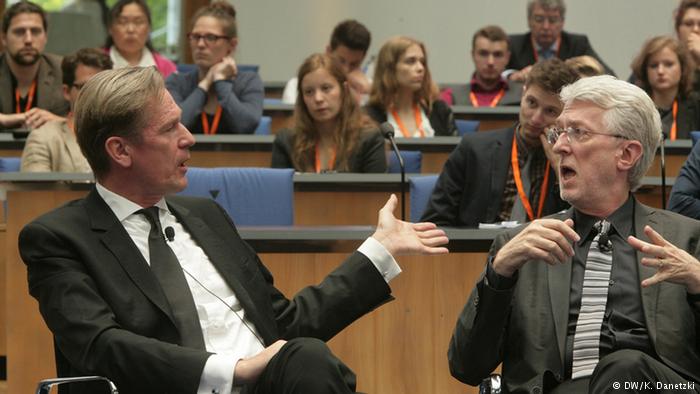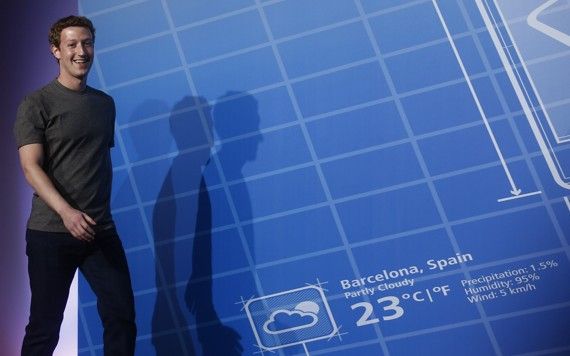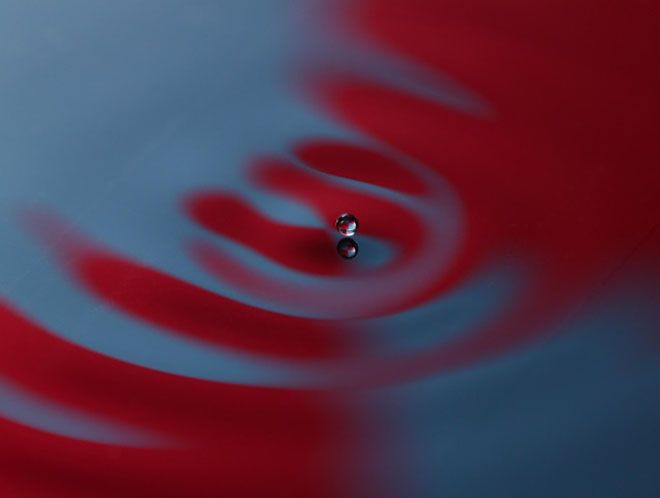Muscle-powered bio-bots walk on command http://phys.org/news/2014-06-muscle-powered-bio-bots-video.html
Crowdsourcing for robots http://www.kurzweilai.net/crowdsourcing-for-robots
Giant space telescope could detect hints of life on exoplanets http://www.kurzweilai.net/giant-space-telescope-could-detect-hints-ot-life-on-exoplanets
California governor signs bill to bring bitcoin and other currency into fold http://www.reuters.com/article/2014/06/29/us-usa-california-bitcoin-idUSKBN0F402T20140629
It’s Not Magic: Watch How Parts Assemble Themselves http://www.businessweek.com/videos/2014-06-02/its-not-magic-watch-how-smart-parts-self-assemble
Meet the future of public transport: electric cycles with onboard tablets http://qz.com/227264/meet-the-future-of-the-public-transport-electric-cycles-with-onboard-tablets/
10 Breakthrough Innovations That Will Shape The World In 2025 http://www.fastcoexist.com/3032260/10-breakthrough-innovations-that-will-shape-the-world-in-2025
Global Trends in Renewable Energy Investment 2014 http://fs-unep-centre.org/publications/gtr-2014
8 Ways The Internet Of Things Will Change Everyday Life https://blogs.sap.com/innovation/innovation/8-ways-the-internet-of-things-will-change-everyday-life-01253438?source=social-Ariba-LinkedIn-NetworkedEconomy-Blog-IoT&campaigncode=CRM-XH14-GRO-NTECLPLIS
Teaching Robots Tasks – Researchers Turn to Crowdsourcing http://www.21stcentech.com/teaching-robots-tasks-researchers-turn-crowdsourcing/
Google, Detroit diverge on road map for self-driving cars http://www.reuters.com/article/2014/06/30/us-google-detroit-insight-idUSKBN0F50C320140630
Supreme Court Rejects Contraceptives Mandate for Some Corporations http://www.nytimes.com/2014/07/01/us/hobby-lobby-case-supreme-court-contraception.html
When a Health Plan Knows How You Shop http://www.nytimes.com/2014/06/29/technology/when-a-health-plan-knows-how-you-shop.html?ref=technology
Americans Think We Have the World’s Best Colleges. We Don’t. http://www.nytimes.com/2014/06/29/upshot/americans-think-we-have-the-worlds-best-colleges-we-dont.html
How Opposite Energy Policies Turned The Fukushima Disaster Into A Loss For Japan And A Win For Germany http://www.forbes.com/sites/amorylovins/2014/06/28/how-opposite-energy-policies-turned-the-fukushima-disaster-into-a-loss-for-japan-and-a-win-for-germany/
Gartner’s top 10 security technologies for 2014 http://www.information-age.com/technology/security/123458169/gartners-top-10-security-technologies-2014
Lifeboat Foundation Worldwide Ambassador White Swan Update and Published Amazon Author by Andres Agostini at www.amazon.com/author/agostini









